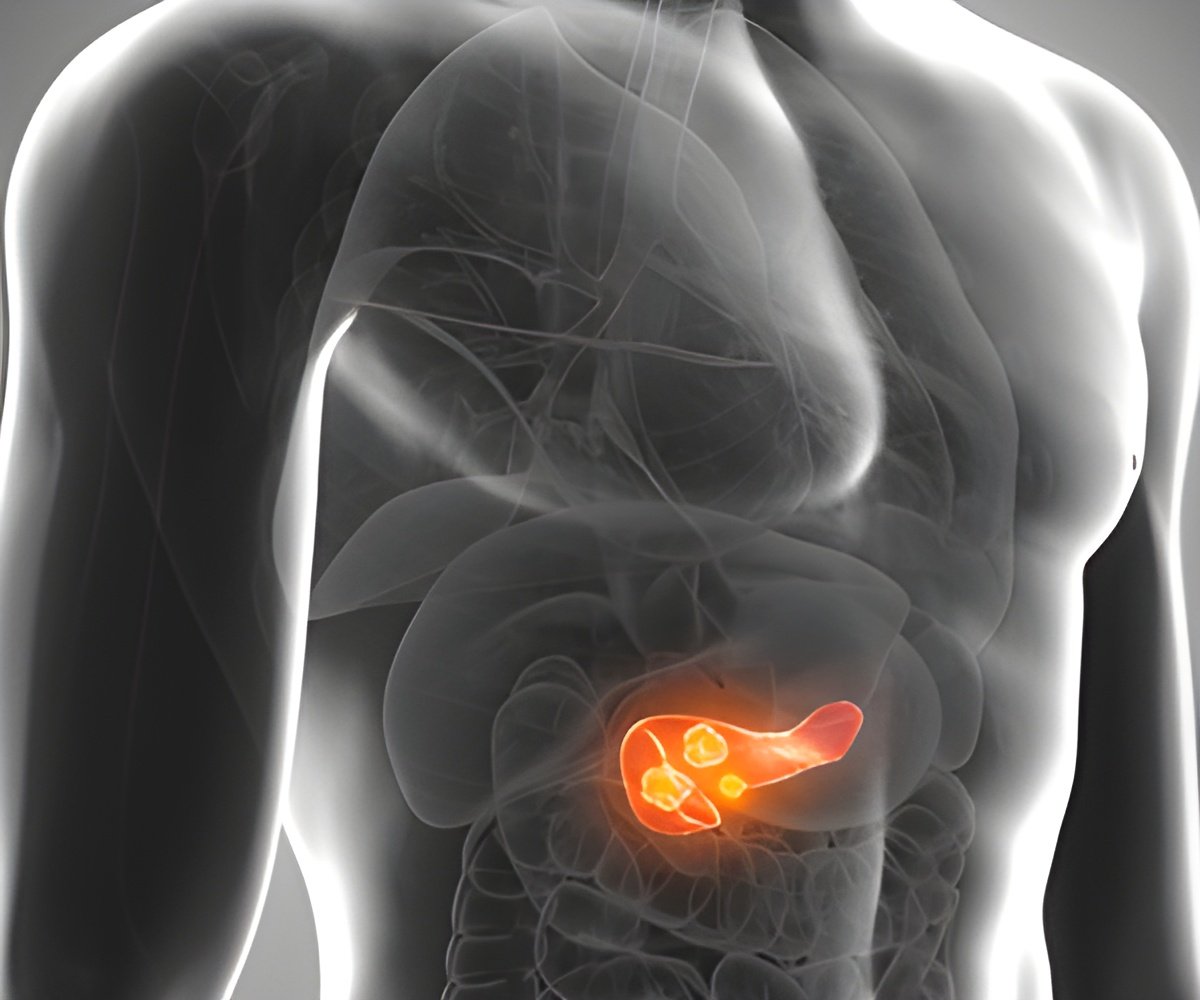The study encourages scientists to think about new ways to treat pancreatic cancer by manipulating acinar ductal metaplasia, which precedes pancreatic cancer.

‘With the aid of newly discovered drugs, researchers could potentially treat a pancreatic cancer patient at an earlier stage of the disease and hopefully improve the treatment options available.’





Advertisement
Pancreatic Cancer: Statistics
According to the National Cancer Institute, more than 60,000 Americans will be diagnosed with pancreatic cancer this year, and only about 1 in 10 of those diagnosed will survive the next five years. The disease ranks as the third leading cause of cancer deaths in the U.S. because it is rarely detected in the early stages when treatment options are most effective. “To our knowledge, this is the first time researchers have been able to pharmacologically reverse ADM,” said Tom Schmittgen, Ph.D., the study’s senior author and chair of the department of pharmaceutics in the UF College of Pharmacy, part of UF Health, the university’s academic health center.Advertisement
What is Pancreatic Acinar Ductal Metaplasia
ADM often occurs when inflammation is present. It is a defense mechanism to avoid having the pancreas make too many digestive enzymes and destroy itself. During ADM, stable, enzyme-making acinar cells turn into protective ductal cells that line the pancreatic duct. If certain genes mutate during the transition, then the cells can become precancerous and eventually develop into cancer.To study ADM, UF scientists built a laboratory model using animal cells with pancreatic cancer and tissue from a healthy human. They introduced the cells to two compounds — one of which was developed by Chenglong Li, Ph.D., the Nicholas Bodor Professor in Drug Discovery in the UF College of Pharmacy. The ductal cells responded by changing back to acinar cells. Pancreatic cancer can be prevented when acinar cells are maintained in their natural state.
Advertisement
Pancreatic Acinar Ductal Metaplasia Treatment with New Drugs
“The findings are significant because we have now demonstrated that ADM can be reversed using drugs,” said Schmittgen, who also serves as the V. Ravi Chandran Professor of Pharmaceutical Sciences in the UF College of Pharmacy. “This research may lead to developing treatments for patients who are at a high risk for pancreatic cancer development.”Future research will involve testing other compounds in collaboration with Hendrik Luesch, Ph.D., a co-author of the study and a professor and chair of medicinal chemistry and the Debbie and Sylvia DeSantis Chair in Natural Products Drug Discovery and Development in the UF College of Pharmacy. These compounds may prove to be more effective, as scientists seek new treatments for a disease with very few treatment options.
The study, “Pharmacological Inhibition and Reversal of Pancreatic Acinar Ductal Metaplasia,” was published in the journal Cell Death Discovery.
Source-Eurekalert















